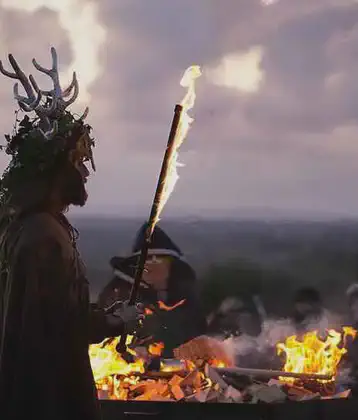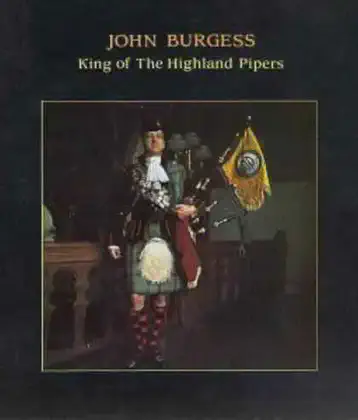On May 04, 1645 in Celtic History
Marquis of montrose victorious at battle of auldearn

The Battle of Auldearn, an engagement of the Scottish Civil War, took place on May 09, 1645, near the village of Auldearn in Nairnshire.
After plundering Dundee on 4 April, the Royalist forces under the Marquis of Montrose retreated into the Highlands to escape Major-General Baillies pursuing Covenanters. Baillie divided his forces. During May, his second-in-command, Colonel John Hurry, drew Montrose into country unfriendly to him near Nairn.
Hurry, with 3,500 Covenanter infantry and 400 horse, attempted to double back on himself, at night in thick mist, in an attempt to catch Montrose in a surprise attack. But Hurrys soldiers, discharging their muskets to clear damp powder, allegedly alerted Montroses sentries to the impending attack.
The village of Auldearn ran linearly along a roughly north-south road. Montrose deployed 500 of MacCollas Irishmen and Gordon clansmen on a low hill to the north-east of the village. They had the royal standard with them in the hope that Hurry would mistake MacCollas position for the main body, which Montrose actually concealed behind a ridge to the south. This included a troop of 250 horse commanded by Lord Gordon. The Covenanters began marching up the slope towards MacColla. Unwilling to remain on the defensive, the Irishmen attacked prematurely, charging down the slope into the Covenanters.
Hurrys regiments held their ground and drove the Irish back. Realising the danger that Hurry could overwhelm MacColla, Montrose ordered Gordon to lead his cavalry in a charge against the Covenanter right flank. Captain Drummond, of the Moray horse regiment, in his haste to get his men to face about, ordered them to wheel in the wrong direction, pushing them into their own infantry. Gordons cavalry hit the disordered Covenanter lines and routed their cavalry. Montroses main force attacked the right flank while MacCollas men rallied and pushed forward in the center. Estimates suggest 1,500 Covenanters died in the battle and rout.
Back at Inverness Colonel Hurry court-martialled and shot Captain Drummond, the officer who had given the faulty order, then retreated with the remnants of his army to join Baillie at Cromar.
Related Content

Shane Patrick Lysaght MacGowan, lead singer of the Pogues, died
Shane Patrick Lysaght MacGowan is an Irish-English musician and songwriter, best known as the lead singer and songwriter of the punk band The Pogues.
Read More
St Machar Day, patron saint of Aberdeen
Saint Machar is the Diocesan Patron Saint of Aberdeen; the Feast Day being observed on 12th November.
Read More
Oíche Shamhna - Cetlic New Year Eve (Halloween)
In Scotland and Ireland, Halloween is known as Oíche Shamhna, while in Wales it is Nos Calan Gaeaf, the eve of the winters calend, or first. With the rise of Christianity, Samhain...
Read More
ALBAN ELFED (Welsh Bardic name for autumn equinox)
Alban Elued, The Light of the Water, the first day of Autumn, was also called Harvesthome. Observed on September 21, the Autumnal Equinox was the day when the sun again began to...
Read More
Feast day of St. James
Guinness St. James Gate Since mediaeval times, Dubliners held an annual drinking festival in the Saint’s honor. Fittingly, Guinness chose St. James’ Gate as the site for their...
Read More
John Davie Burgess, King of the Highland Pipers, died at age 71.
John Burgess died on June 29, 2005 at the age of 71.
Read More
No location specified

No location specified

No location specified

No location specified

No location specified

No location specified

No location specified

No location specified